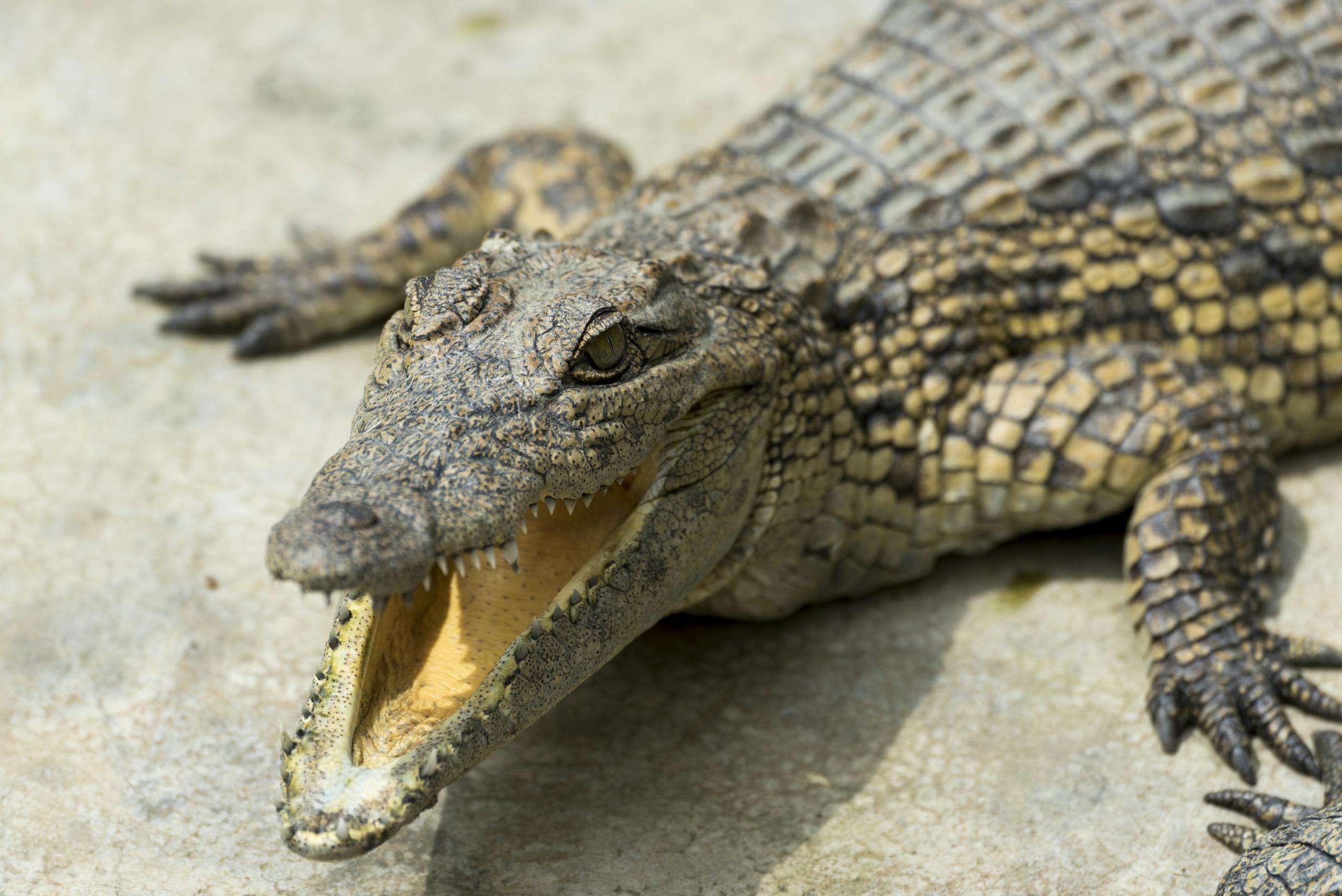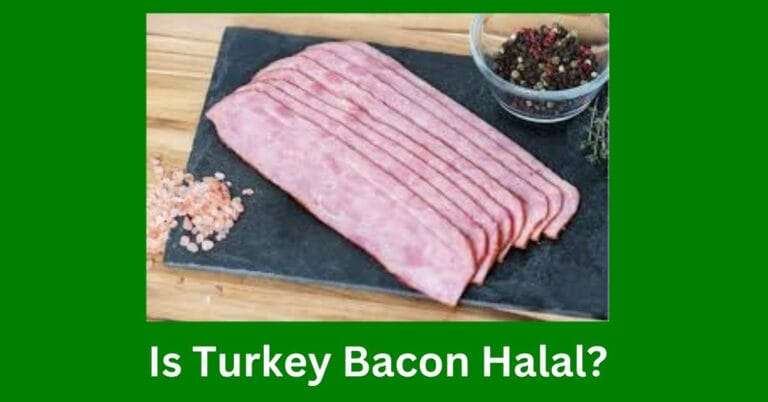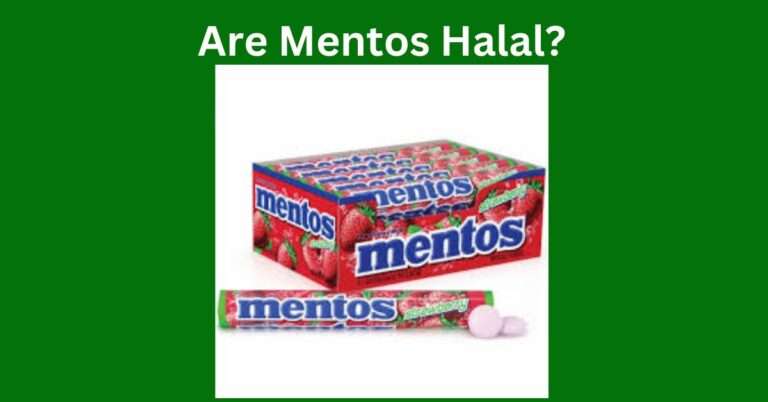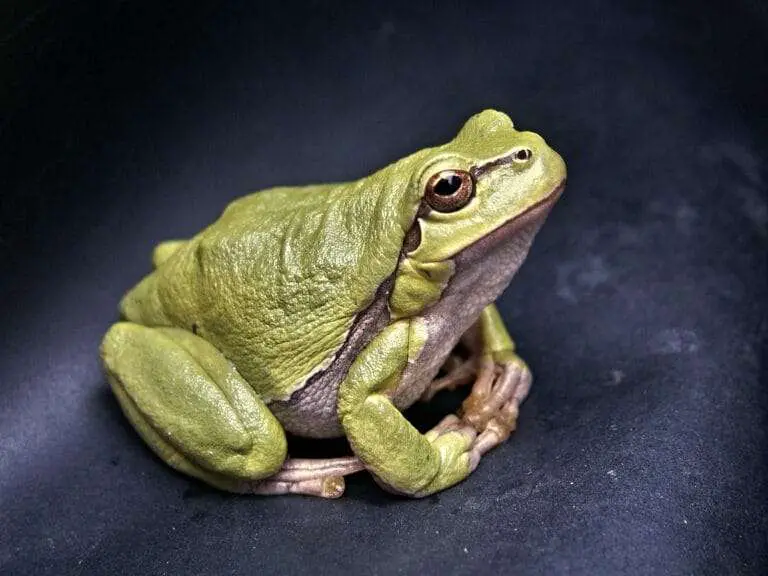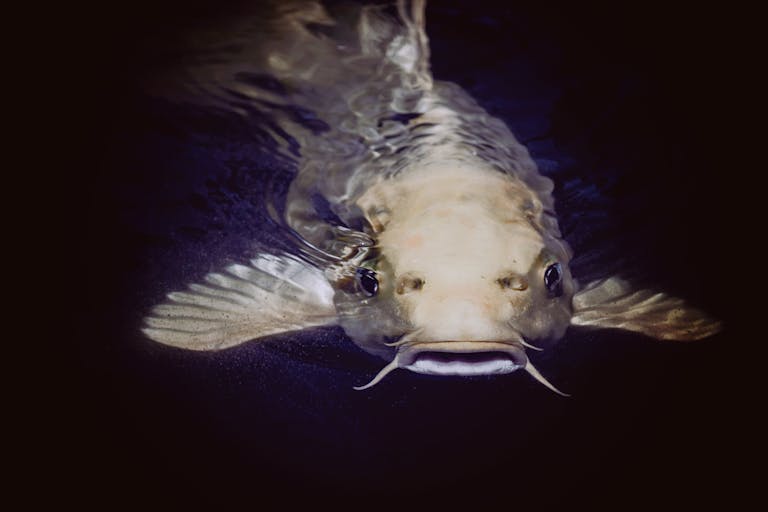Is Crocodile Halal? Understanding the Islamic Ruling
In Islam, the distinction between halal (permissible) and haram (forbidden) foods is essential for maintaining a diet that aligns with religious teachings. While common animals like chickens and cows are well-known for their halal status, the permissibility of more exotic animals, such as crocodiles, raises questions among Muslims.
This article delves into the Islamic perspective on whether crocodile meat is halal, exploring scholarly opinions, Quranic guidance, and the reasons behind the varying views. So, is crocodile halal?
ANSWER: CROCODILES ARE HARAM.
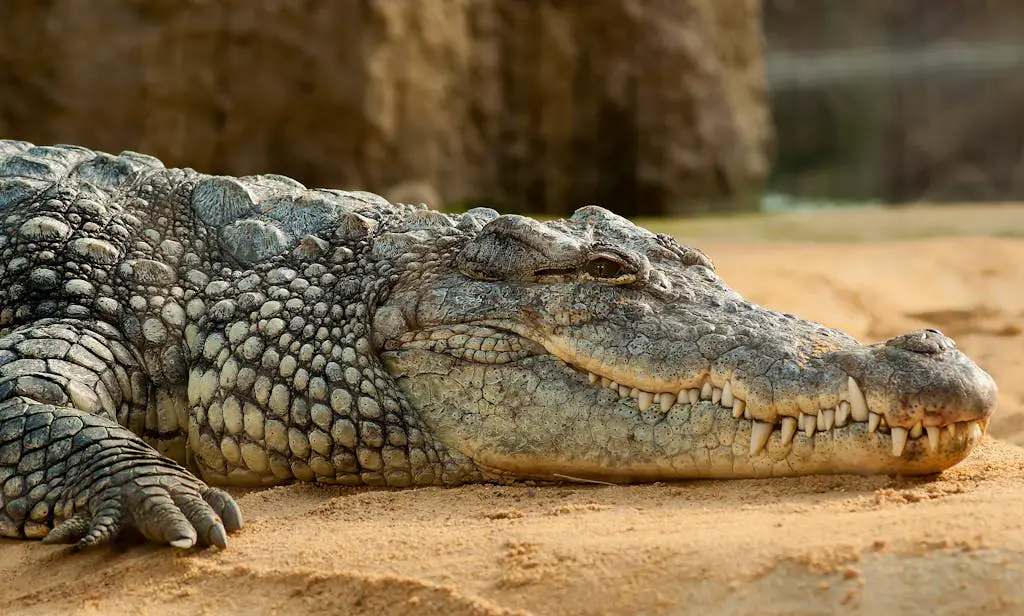
Is Crocodile Halal According to Islamic Teachings?
The halal status of crocodile meat varies among Islamic scholars, with different schools of thought offering different perspectives. Here’s a breakdown:
Scholarly Opinions on Crocodiles
- Hanafi School: Generally considers crocodile haram. This is because crocodiles are predatory animals that live both on land and in water, making them problematic from a halal perspective.
- Maliki School: Some scholars in the Maliki school may consider crocodile halal, viewing it as a sea creature, which might be permissible under their interpretation.
- Shafi’i and Hanbali Schools Typically classify crocodiles as haram due to their carnivorous nature and diet.
Relevant Quranic Verse:
Islamic teachings emphasize that animals that are pure and do not feed on impure substances are halal. The Quran mentions the permissibility of sea creatures but does not explicitly address crocodiles.
A key Quranic verse that is often cited regarding the permissibility of seafood is:
Surah Al-Ma’idah (5:96):
“Lawful to you is the game of the sea and its food as provision for you and the travelers, but forbidden to you is the game of the land as long as you are in the state of ihram. And fear Allah to whom you will be gathered.”
This verse is generally interpreted to mean that seafood is permissible (halal) for Muslims, although there is debate about how broadly this applies, particularly to creatures that live both in water and on land, like crocodiles.
Arguments Against Crocodile Being Halal
Reasons Why Some Scholars Consider Crocodile Haram
Many scholars argue against the permissibility of crocodile meat due to its predatory nature. Predatory animals are generally considered haram in Islam because they hunt and eat other animals, which can be seen as impure.
Focus on Crocodile’s Predatory Nature and Diet
Crocodiles are carnivorous and often consume animals that are considered haram. This dietary behavior makes them less likely to be considered halal, as the concept of purity is central to halal guidelines.
Cultural and Regional Prohibitions
In addition to religious considerations, cultural and regional factors also influence the classification of crocodile meat. In many Muslim-majority regions, consuming crocodile meat is uncommon and often discouraged, further reinforcing the idea that it may not be halal.
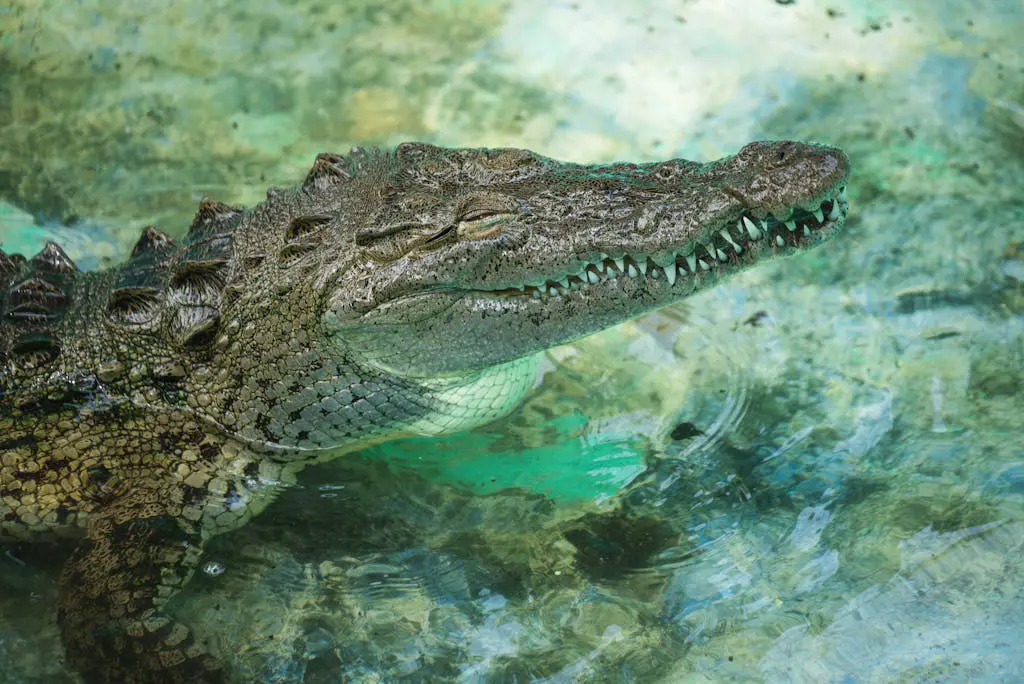
Last Words
The halal status of crocodile meat is a matter of debate among Islamic scholars. While some schools of thought may permit it under specific conditions, the majority view it as haram due to its predatory nature and diet. As always, it’s important for Muslims to consult knowledgeable scholars and adhere to the teachings of their respective schools of thought.
Frequently Asked Questions
Is it halal to eat crocodile meat in any Islamic school of thought?
No, the Majority of Islamic Schools don't permit crocodiles to eat, but some Scholars allow them to eat.
What about eating other similar animals, like alligators or caimans?
Similar to crocodiles, alligators and caimans are generally considered haram due to their predatory nature.
Are crocodile skin products halal?
Crocodile skin products are typically considered halal as long as the animal was not haram.

